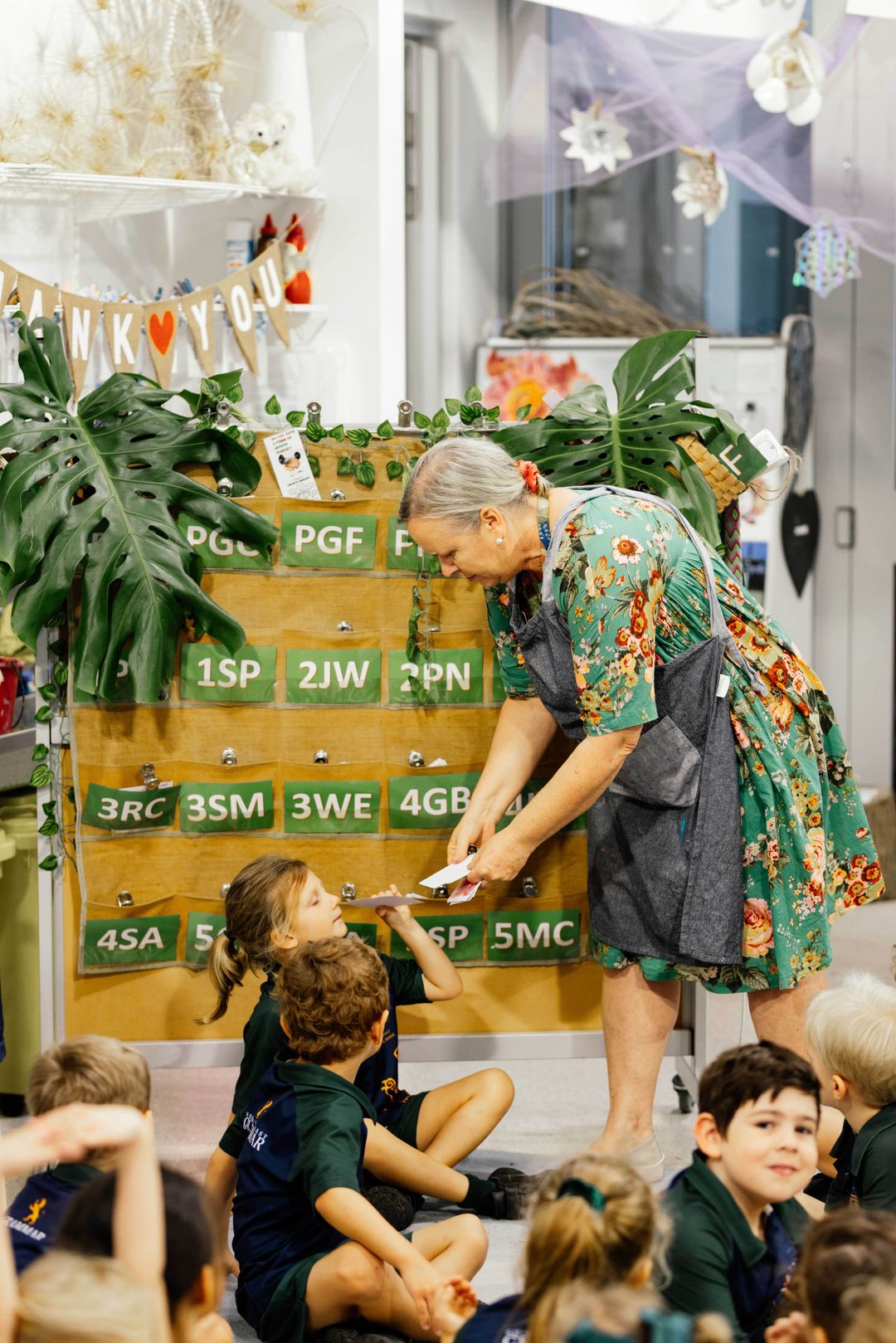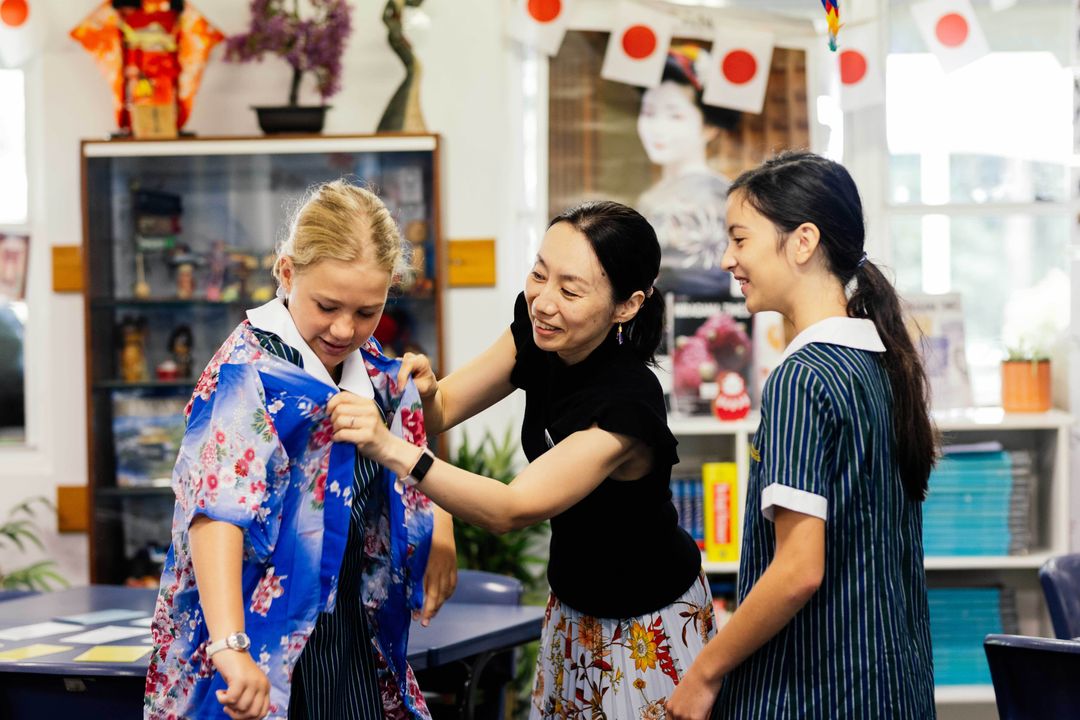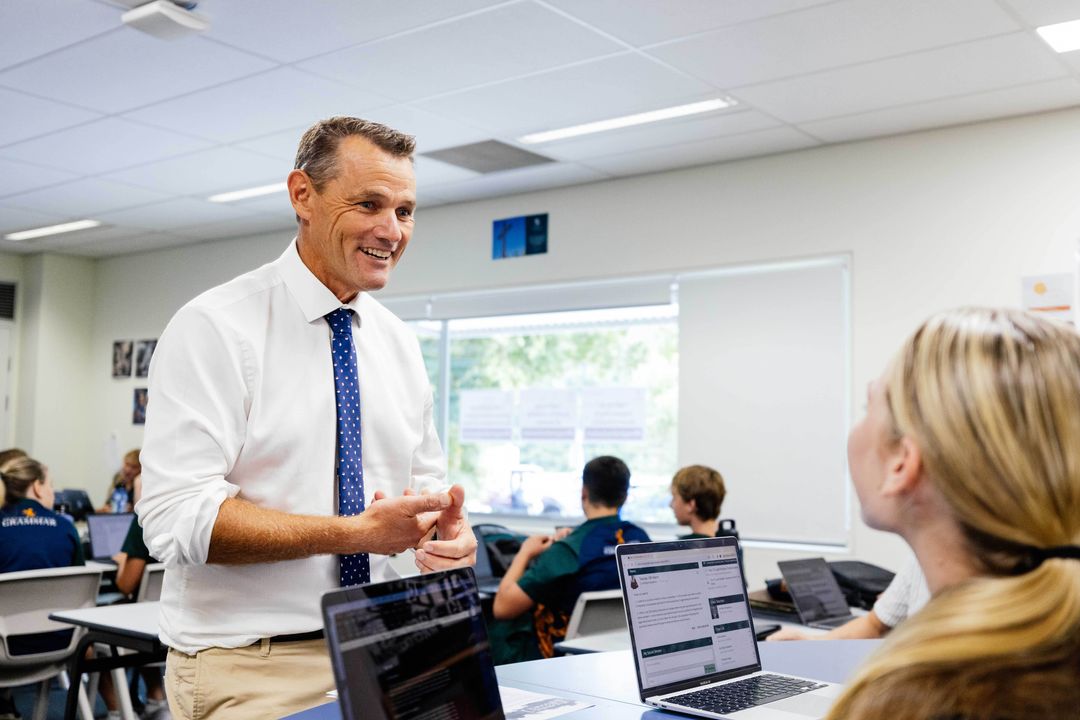OUR VISION FOR LEARNING
ENGAGING
When learning is relevant and students are engaged in class, they learn more. It is vital that teachers create the right classroom climate for learning: high expectations; developing a rapport with students; establishing routines; challenging students to participate and take risks. These all affect how much students engage and learn.
PERSONALISED
Learning is personalised to increase engagement, achievement and personal growth. A commitment to recognising, appreciating, and catering for the variety of characteristics that make individuals unique is key to learner success. Tailoring student learning matches learning needs and supports the development of personal passions and interests.
REFLECTIVE
Reflection is an integral part of the learning process. It allows students to learn more about themselves and how they learn. Reflection provides an opportunity for feedback and feed forward conversations, as well as the creation of meaningful connections for deep learning.
CONNECTED
Learning at Grammar is designed as a continuous pathway. This implies whole school alignment of curriculum and pedagogy, and a shared responsibility for student learning, realised through a strong team approach.
Meaningful connections are also the result of connecting with prior learning and the application of new knowledge into different contexts. In a digitised world, learning is connected through technology. We are also connected as a Grammar learning community through positive, professional relationships, and a personal relationship with Christ. As global citizens we aim to develop internationally minded people who, recognise their common humanity, embed sustainable practices, and help to create a better and more peaceful world.







Forging Our Own Way
Forging Our Own Way
Primary School
Scholarships
Apply for a scholarship and take advantage of the opportunity to join a learning environment where every student is inspired to excel and rise with distinction.
Grammar Early Learning
Co-Curricular
At Grammar, we see our extensive co-curricular programs as a real point of difference. No longer is school just about what just happens within the four walls of the classroom. Co-curricular opportunities play such a pivotal role in our school and compliment the great work that happens in our classrooms.
Enrol
At Grammar, the student is at the centre of all that we do. We recognise our students’ uniqueness and provide an environment where they are offered the opportunities and support which will allow them to realise their own individual potential and dreams.
Rise with Distinction
We have a MINDSET FOR THE FUTURE and a vision for powerful learning — creating ethical, responsible and caring citizens of the world
Sport
Our Sport Co-Curricular Groups provide students with the opportunity to develop athletic skills, teamwork, and leadership in a variety of sports.
